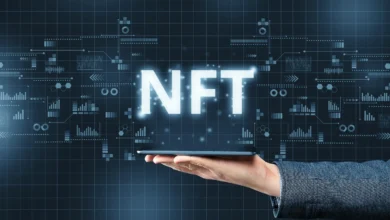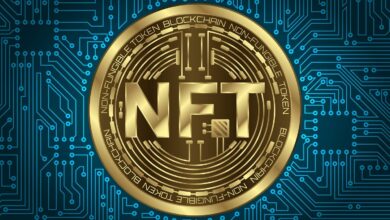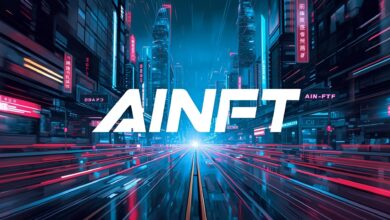NFT Marketplaces Offering Full Support for NFT Creator Royalties
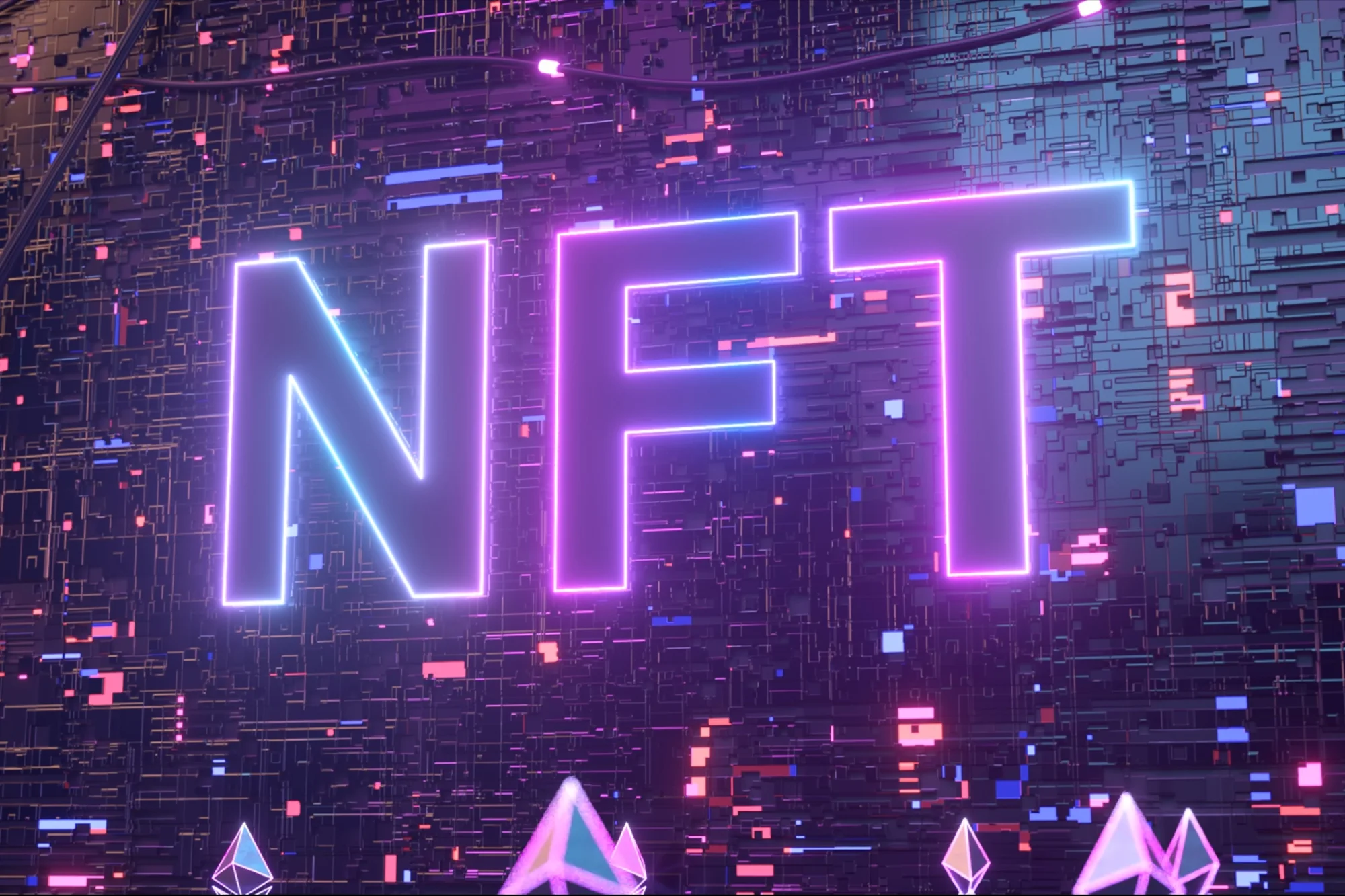
NFT Marketplaces Offering: The evolution of digital media and online platforms has opened new avenues for artists to monetize their work. Historically, royalties have been a crucial income source for creators, ensuring consistent earnings from their creations. NFT Trends for 2024, creator royalties offer a modern way for artists to earn passive income from their digital assets.
However, a heated debate persists within the Web3 community about whether collectors should continue paying royalties to creators. This guide examines NFT marketplaces that uphold creator royalties, those with balanced approaches, and others that have ceased royalty support.
NFT Marketplaces Fully Supporting Creator Royalties
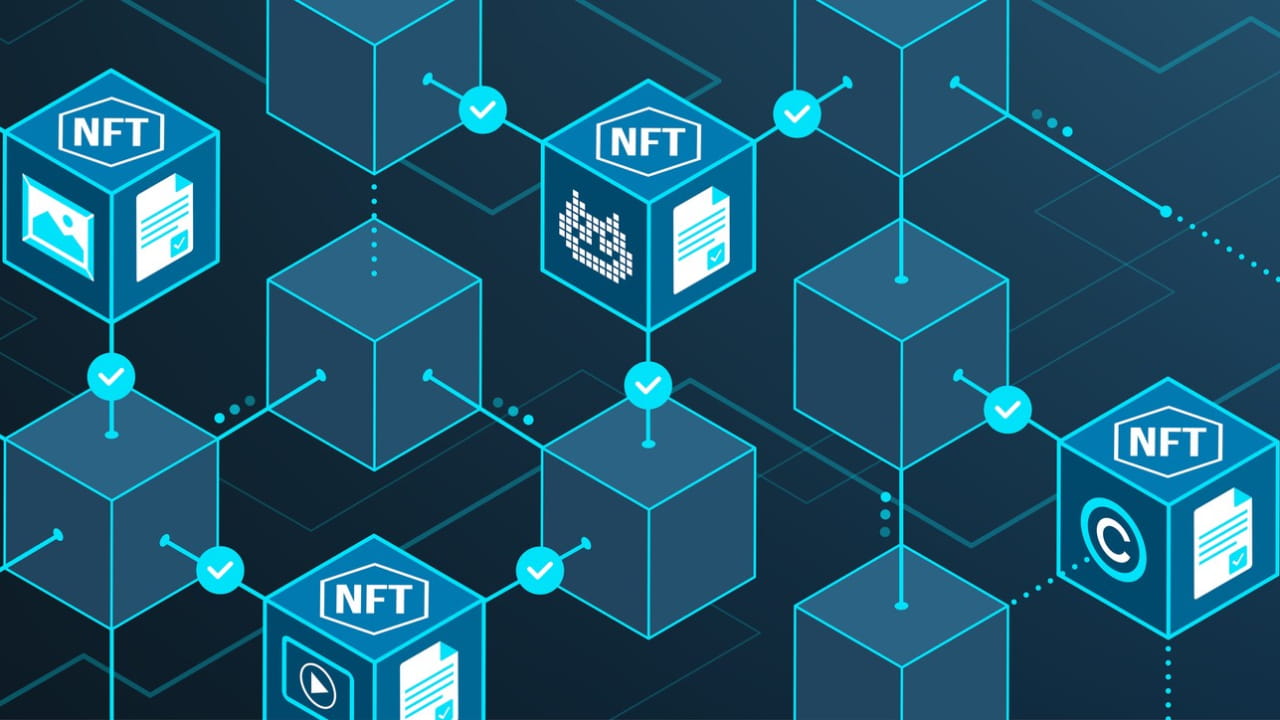 These platforms allow creators to set royalties on their NFTs, ensuring they earn revenue from secondary sales. Leading marketplaces include:
These platforms allow creators to set royalties on their NFTs, ensuring they earn revenue from secondary sales. Leading marketplaces include:
- Nifty Gateway
Renowned for its premier NFT marketplace, Nifty Gateway caters to artists and brands, emphasizing the importance of secondary market fees in the NFT ecosystem. It enforces royalties at the platform level while respecting creators’ on-chain royalty structures. - Foundation
Since its 2022 debut, Foundation has gained prominence with its exclusive invitation-based model for creators. It charges a 5% fee on all transactions while offering creators a notable 10% royalty on secondary sales. - X2Y2
Initially opposing creator royalties at its January 2022 launch, X2Y2 later reversed course and now fully supports royalties across all collections. - Rarible
A pioneer since 2019, Rarible is celebrated for its Ethereum-based collectibles and strong adherence to on-chain royalties, enabling users to set custom royalty terms.
Platforms with Balanced Approaches to Creator Royalties
In response to ongoing debates, some platforms take a middle-ground approach, offering optional royalties or alternative methods for creator compensation.
- OpenSea
As the largest NFT marketplace since 2017, OpenSea adapts to market trends by introducing flexible royalty models. For collections without on-chain enforcement, a minimal 0.5% royalty fee applies. New collections, however, can use enforceable royalty features. - Blur
Launched in 2022, Blur combines speed and innovative features with optional royalties. Immutable collections face a 0.5% minimum fee, maintaining a balance between creator and collector needs. - LooksRare
Entering the market in 2022, LooksRare originally supported standard royalties but later allowed buyers to choose their royalty contributions. Additionally, it allocates 25% of protocol fees to creators.
Marketplaces That Don’t Support Creator Royalties
Several platforms have abandoned creator royalties, citing collector-focused preferences. These include:
- Magic Eden
Initially supporting royalties, Magic Eden later shifted to an optional model where buyers decide royalty percentages. - Sudoswap
This decentralized marketplace introduced liquidity pool trading but excluded creator royalties from its framework. - Solanart
A leading Solana-based marketplace since 2021, Solanart initially backed creator royalties but transitioned to a zero-fee model, forfeiting royalty support. - Yawww
Evolving from a lending platform to a marketplace, Yawww empowers buyers to set royalty rates, diverging from traditional royalty models.
Final Thoughts
The NFT landscape continues to grapple with the role of creator royalties in major marketplaces. Before NFTs, artists lacked control over how their work was resold or distributed. The introduction of embedded royalties revolutionized the creative economy, granting artists a share of future sales. While debates persist, these royalties represent a pivotal step toward empowering creators and reshaping the digital art market.
[sp_easyaccordion id=”3211″]

